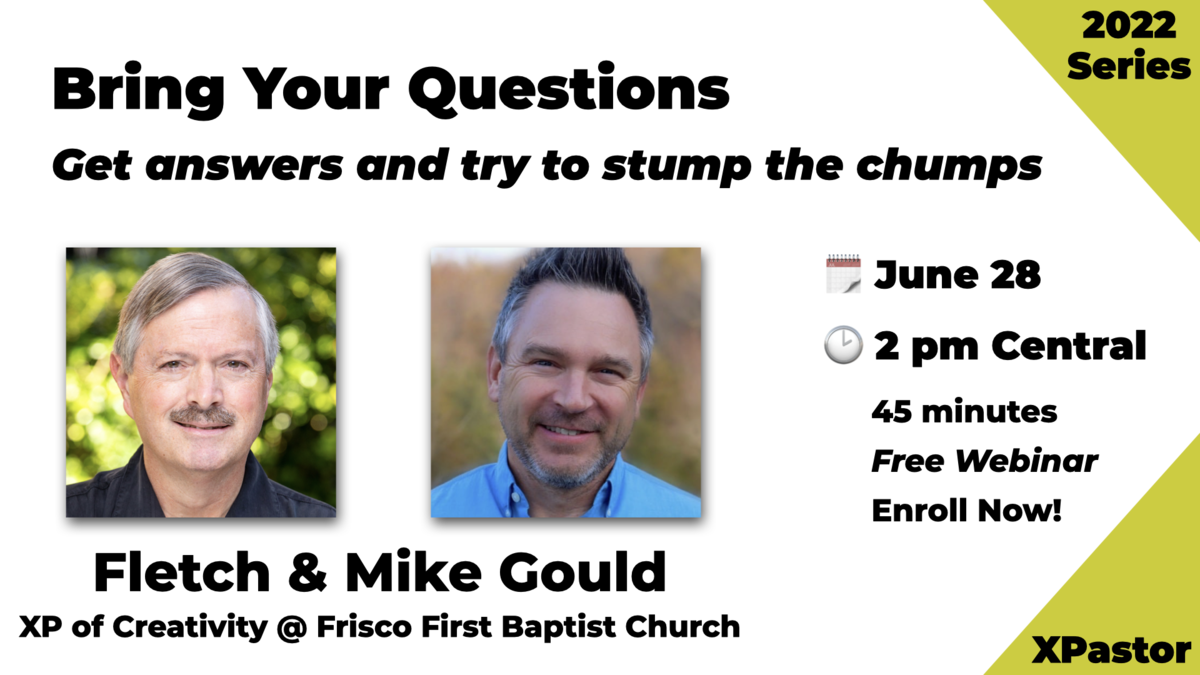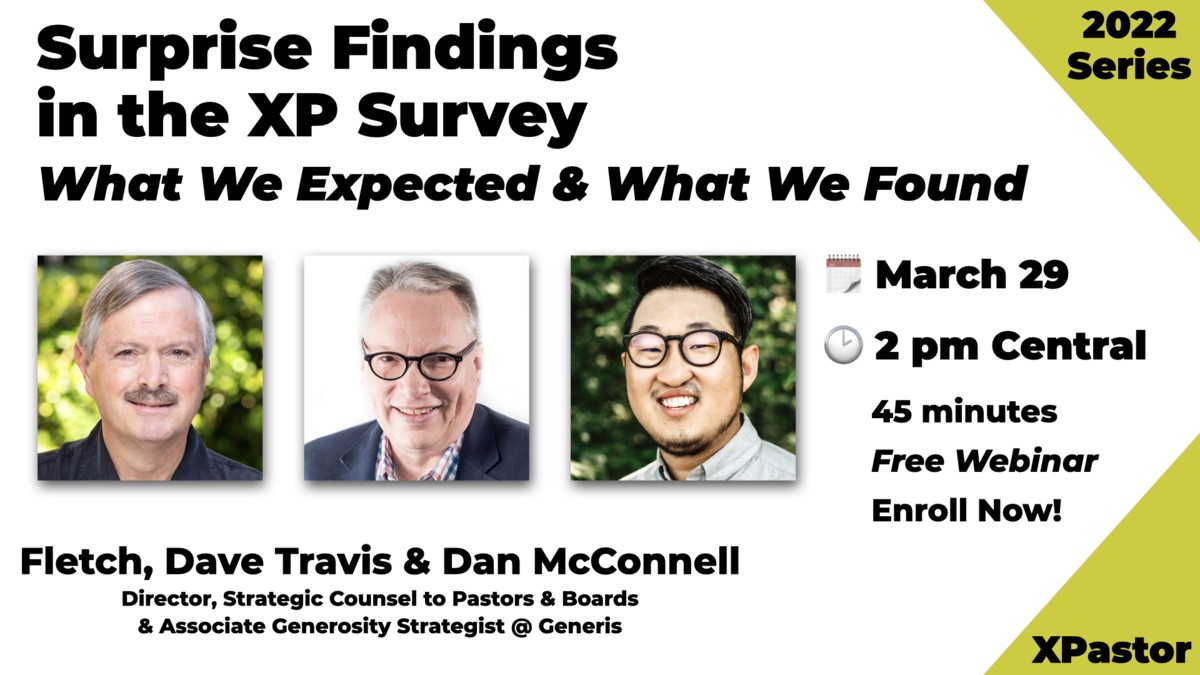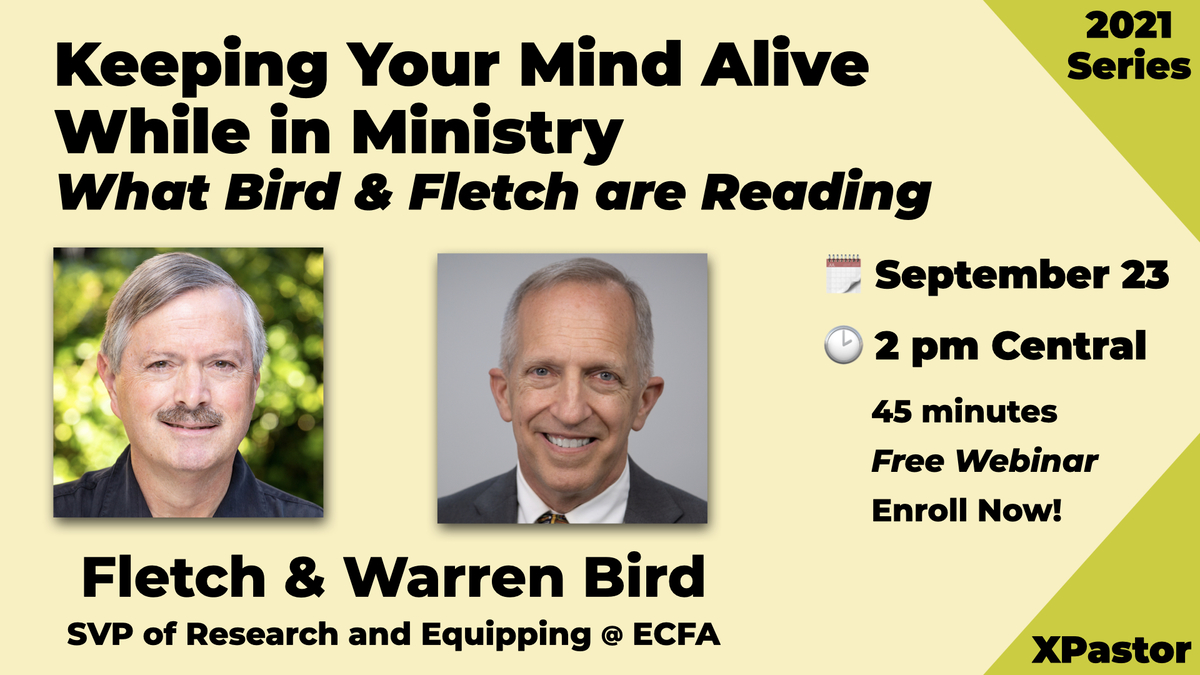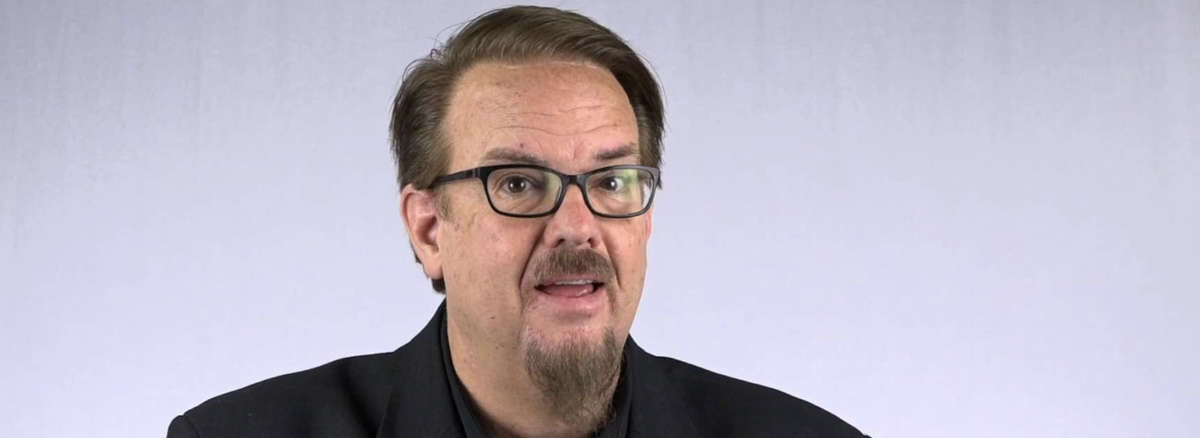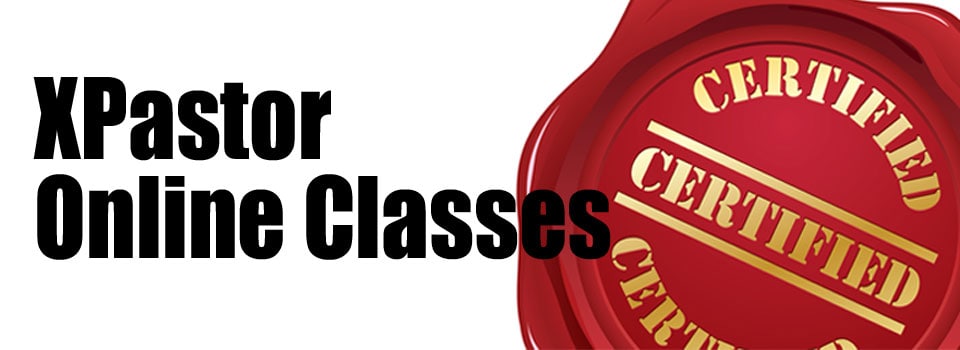 Peter Drucker’s goal in The Effective Executive seems so simple; as he states in the preface, “The subject of this book is managing oneself for effectiveness.” It does not take long to realize, however, that his goal is much larger: to contribute to society by teaching an ever-growing number of executives, in an ever-growing number of organizations, how to serve effectively. In writing this book, Drucker is practicing what he is preaching.
Peter Drucker’s goal in The Effective Executive seems so simple; as he states in the preface, “The subject of this book is managing oneself for effectiveness.” It does not take long to realize, however, that his goal is much larger: to contribute to society by teaching an ever-growing number of executives, in an ever-growing number of organizations, how to serve effectively. In writing this book, Drucker is practicing what he is preaching.
Drucker argues that there is no “effective personality.” Instead, “effectiveness can be learned—and it also has to be learned.” It has to be learned because being “effective is the job of the executive.” Effectiveness is about the conversion of resources into results, so learning to be effective is crucial to the success of the executive’s organization and to the executive’s own achievement.
After the introduction, The Effective Executive is devoted to teaching the reader five practices of effective executives:
- Know where your time goes
- Focus on outward contribution
- Build on strengths
- Prioritize the right things
- Make effective decisions
While references to computers clearly date the text of the book, they do not diminish its helpfulness. In some odd way, it was actually helpful to see that the struggles of executives fifty years ago are similar to our struggles today. If an executive’s focus and time scarcity were issues then, how much more so in our day?
For the Executive Pastor, Drucker’s book is helpful in suggesting the following questions:
- Where is my time going? Do I even know?
- How can I contribute most significantly to the mission of Jesus’ church?
- How can I maximize what I am really good at for the good of the gospel? How can I help others maximize what they are good at?
- Am I investing enough time in our biggest opportunity for gospel advancement?
- Am I creating an environment for effective decision-making?
It is no surprise that The Effective Executive has been and continues to be so widely read.




